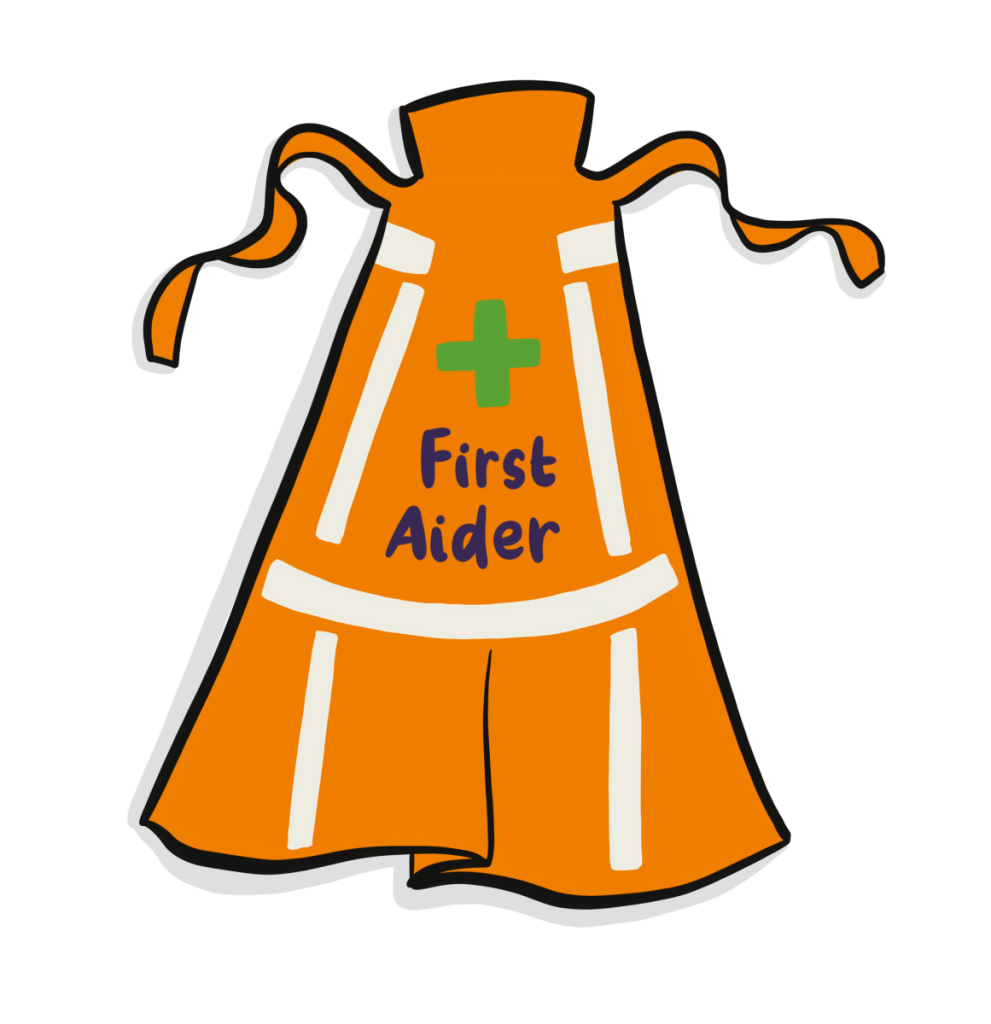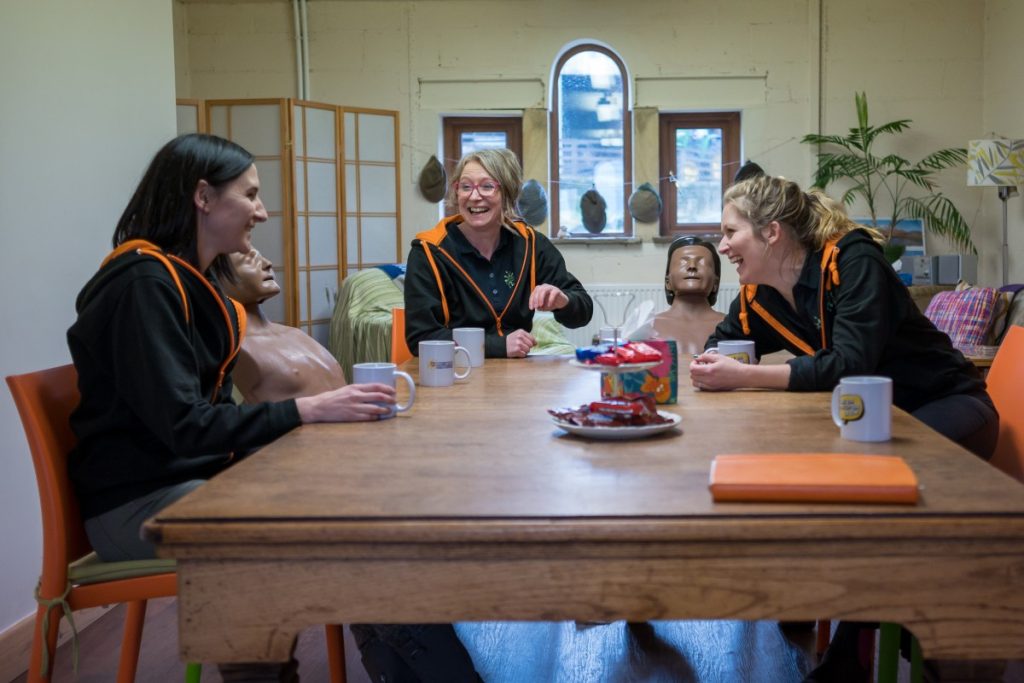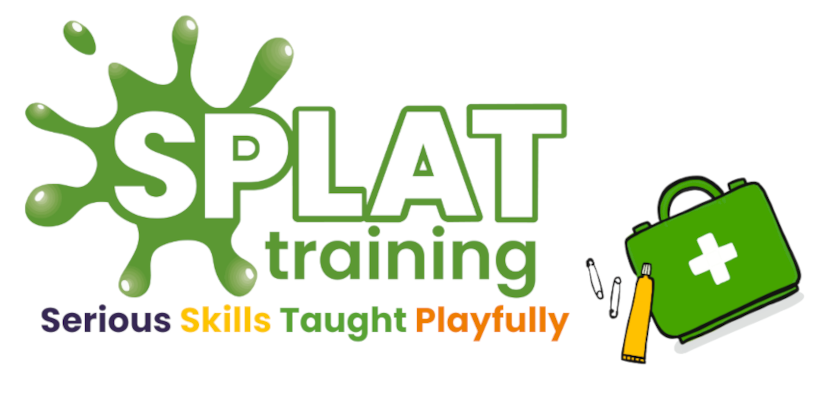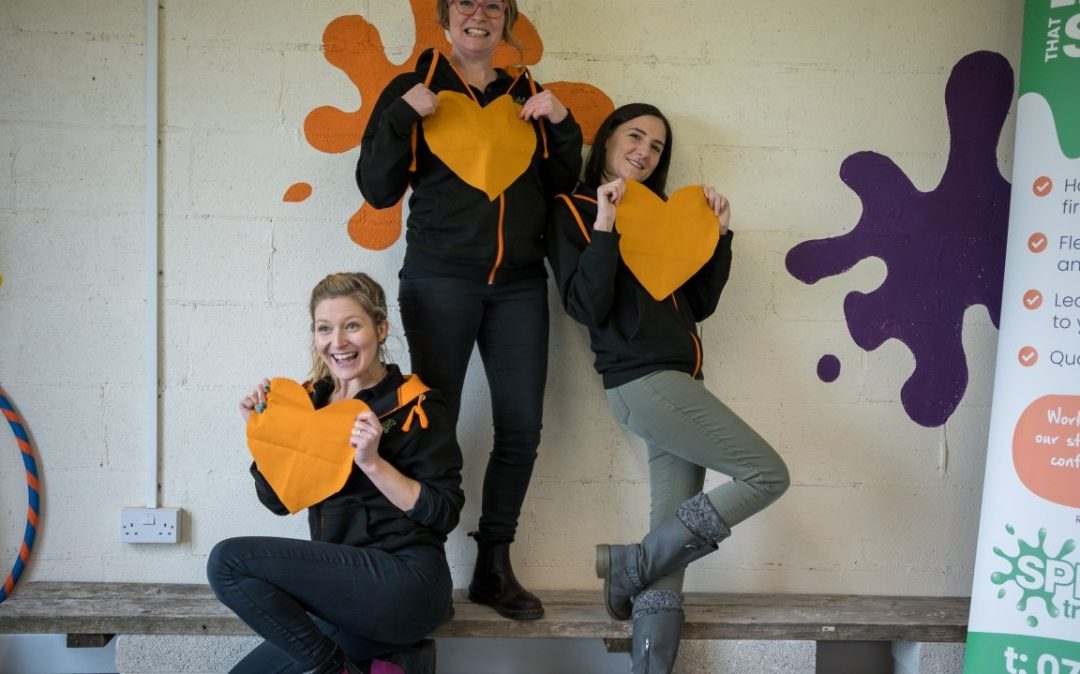Looking After Yourself After Performing CPR: It’s Okay to Ask for Help
Performing CPR (Cardiopulmonary Resuscitation) can be a life-saving act, but it’s also an intense and emotionally charged experience. After the immediate emergency has passed, you are going to hurt, both physically and mentally. It’s important to look after your mental and emotional well-being. Giving CPR to someone – whether or not they survive – can leave you with complex feelings, from relief and pride to guilt or even shock. It’s essential to understand that it’s okay to ask for help and talk through your experience.

When we teach first aid we always emphasise that you are the most important person at the scene – you need to look after yourself first, only helping it is safe to do so, and you need to look after yourself after!
Looking After the Physical
It’s likely that your wrists and back will hurt, a hot bath should help with that or rub in some soothing oil. Try not to turn to alcohol, it won’t help. Drink lots of water to lubricate sore muscles.
Talking It Through: Acknowledging Your Emotions
After performing CPR, talking about the experience can be incredibly therapeutic. You might feel a mix of emotions, especially if the outcome was uncertain or not as you hoped.
Sometimes you might get the chance to talk to a paramedic at the scene. Once things are under control ask them questions about what happened. They often have a very pragmatic view and are able to give you a very real overview of what happened.
It can be helpful to talk to friends, family members, or anyone you trust, as they can provide emotional support and reassurance. They don’t need to have all the answers; sometimes, just having someone listen can make a huge difference. Sharing the event can help you process it, gain perspective, and take the weight off your shoulders.
If you’re not sure how to start the conversation, just explain what happened, how you felt during the incident, and how you feel now. Just saying it out loud helps and it can be comforting to know that others care and that you’re not alone.

Understand the Reality: CPR Isn’t a Miracle Cure
While CPR can increase the chances of survival, it’s important to acknowledge that it doesn’t always work. It really depends on what’s going on for the casualty. There’s no way of knowing if it will work or not. You just have to do what you can.
The survival rate after out-of-hospital cardiac arrest is sadly low. In the UK, only around 1 in 10 people who experience a cardiac arrest outside of a hospital survive (British Heart Foundation, 2023). This can be difficult to come to terms with, especially if you feel like you gave everything you could in the moment.
If it didn’t work. Its just not your fault.
It’s crucial to understand that despite your best efforts, the outcome may not always be positive. CPR is a critical part of the emergency response, but it’s not a guaranteed solution. Don’t place unrealistic expectations on yourself. You did what you were trained to do in a critical situation, and that in itself is incredibly important.
Contacting Support Services: Professional Help Is Available
If you’re struggling with feelings of distress after performing CPR, it’s a good idea to reach out to professional support services. The Samaritans are available 24/7 to offer confidential support for anyone who is struggling with their emotions or mental health. They can help you process the experience and guide you through any difficult feelings you may be experiencing. You can even text them if you don’t want to talk.
Samaritans Helpline Phone: 116 123 Website: Samaritans – Here to listen
Sometimes, speaking to a trained listener can help to ease the emotional burden and make sense of overwhelming feelings.
Speaking to a Counsellor: A Safe Space to Process Your Experience
If you find yourself continuing to feel overwhelmed or distressed after performing CPR, seeing a professional counsellor or therapist could be helpful. A counsellor can provide a safe, non-judgmental space for you to express your emotions and explore any challenges you’re facing. They can help you manage any anxiety, guilt, or trauma related to the incident.
Not Alone: Support from Your Training Provider
If you’re unsure where to turn, your local first aid training provider can be a helpful first point of contact. They may be able to refer you to resources that help you process your experience or connect you with others who have had similar experiences. First aid training providers understand the emotional toll that performing CPR can have and can offer guidance on how to cope in the aftermath or they may just be willing to listen..
Moving Forward: Self-Care and Patience
Recovery, both mentally and emotionally, can take time. It’s important to be kind to yourself and give yourself the space to heal. Don’t rush the process, and don’t feel like you have to carry the burden alone. Whether you talk to a loved one, contact the Samaritans, or seek professional help, reaching out is an important step towards looking after your mental well-being after the experience of performing CPR.
Remember, you did your best. In a life-or-death situation, you had the courage to step up where most wouldn’t! The effort you made could have helped save a life. The world would be a better place with more people like you. Keep in mind that looking after yourself is just as important as any emergency intervention you perform.

